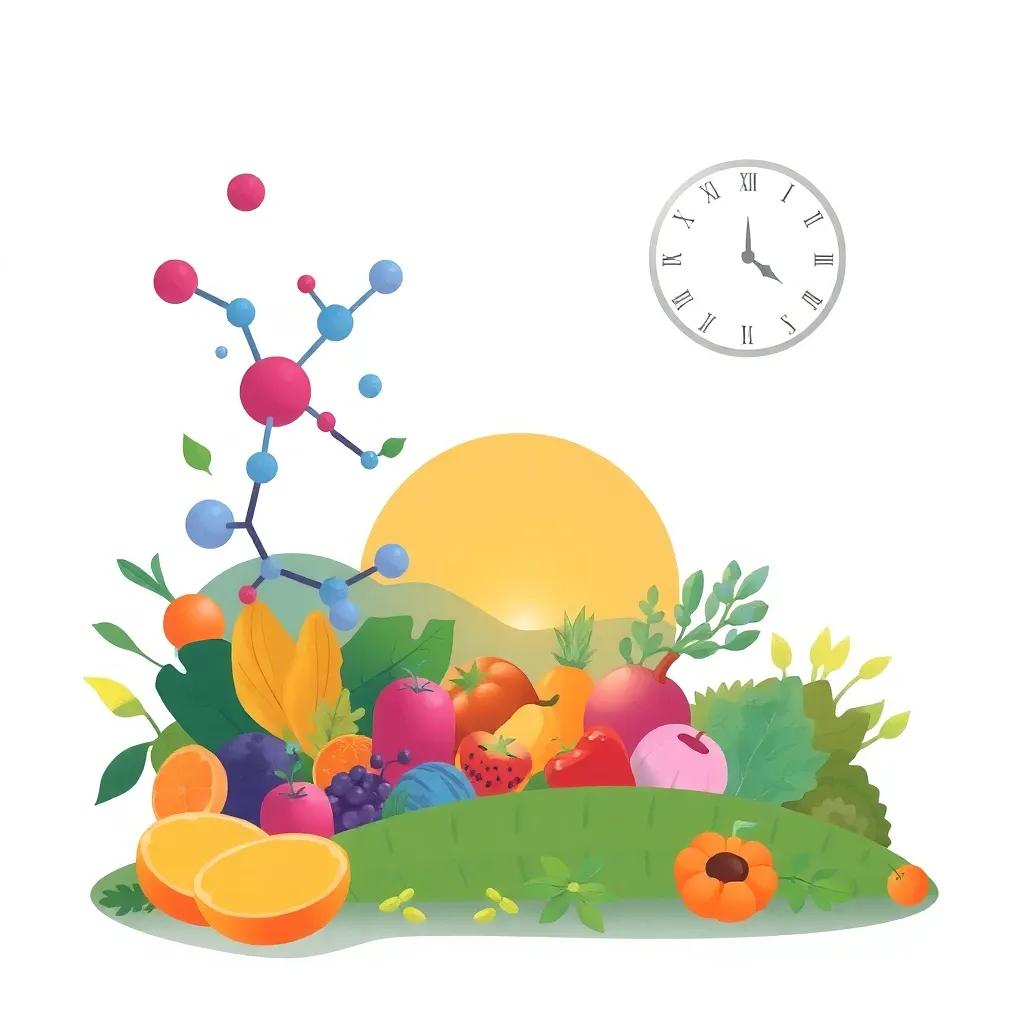Emerging research reveals how omega-3s, vitamin D, and timed nutrient intake can mitigate side effects and improve outcomes in breast cancer endocrine therapy.
New studies transform our understanding of dietary interventions for managing endocrine therapy side effects in breast cancer patients.
The Evolving Landscape of Nutritional Support in Breast Cancer Therapy
Recent breakthroughs in nutritional oncology are reshaping how we support breast cancer patients undergoing endocrine therapy. The 2024 ESMO guidelines now explicitly recommend nutritional assessment as part of standard care, marking a paradigm shift in treatment protocols.
Omega-3 Fatty Acids: Beyond Inflammation Control
The May 2024 Breast Cancer Research
study demonstrated that EPA and DHA supplementation reduced arthralgia severity by 34% in patients taking aromatase inhibitors. Dr. Elena Martinez from MD Anderson Cancer Center noted in their press release: We’re seeing omega-3s work as molecular lubricants for joint inflammation specifically caused by estrogen depletion.
Vitamin D: The Dose-Dependent Defender
ESMO’s updated 2024 guidelines now mandate vitamin D status evaluation before initiating endocrine therapy. A Stanford University trial (NCT05688792) is currently investigating whether maintaining serum 25(OH)D levels above 40 ng/mL improves treatment adherence rates.
The Phytoestrogen Paradox
Contrary to previous warnings, NIH’s May 2024 study published in Cancer Prevention Research
found genistein from soy may protect against therapy-induced bone loss in ER+ patients. However, the researchers caution that effects appear dose-dependent and timing-sensitive.
Chrononutrition: Timing Nutrients for Maximum Impact
The emerging field of chrononutrition offers revolutionary approaches to managing therapy side effects:
Morning Protocol
New data suggests taking vitamin D with breakfast enhances bioavailability by 22%, according to a University of Toronto pharmacokinetic study. This aligns with natural cortisol rhythms that optimize fat-soluble vitamin absorption.
Evening Advantages
The Journal of Nutritional Oncology
reported omega-3s taken at night showed superior arthralgia relief, potentially by syncing with the body’s nocturnal anti-inflammatory processes.
Foods and Supplements to Approach with Caution
While nutritional support shows promise, certain interactions demand vigilance:
Grapefruit: The CYP3A4 Inhibitor
FDA’s 2023 drug-nutrient interaction bulletin highlighted grapefruit’s potential to alter tamoxifen metabolism through CYP3A4 inhibition, potentially reducing therapeutic efficacy.
High-Dose Antioxidants
A controversial 2024 meta-analysis in JNCI
suggested megadoses of vitamin E and selenium might interfere with oxidative stress pathways essential for some endocrine therapies’ mechanisms of action.
Implementing Personalized Nutrition Plans
The future lies in tailored approaches:
Microbiome Considerations
Ongoing research at Memorial Sloan Kettering explores how personalized probiotic regimens might reduce gastrointestinal side effects of aromatase inhibitors by modulating estrobolome activity.
Genetic Testing Integration
With the FDA’s recent approval of the omega-3 index test for cancer patients (March 2024), we’re entering an era of precision nutritional monitoring alongside conventional treatment.




